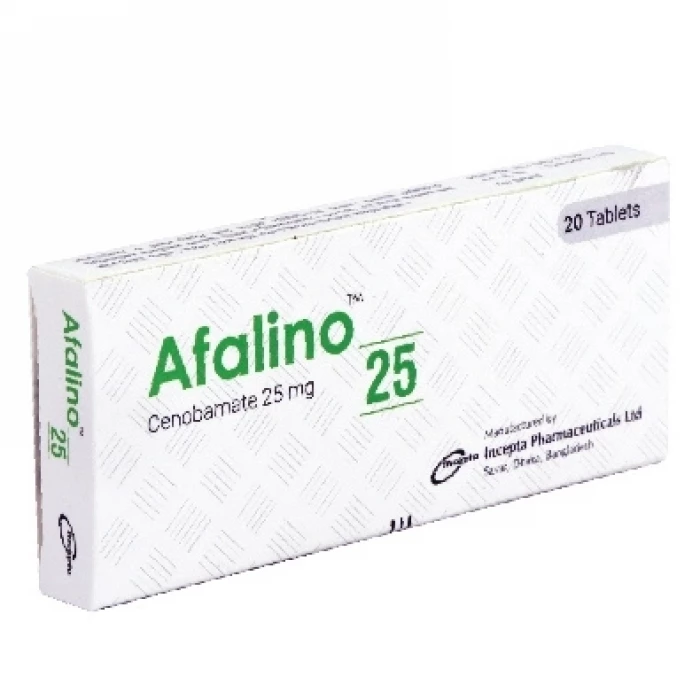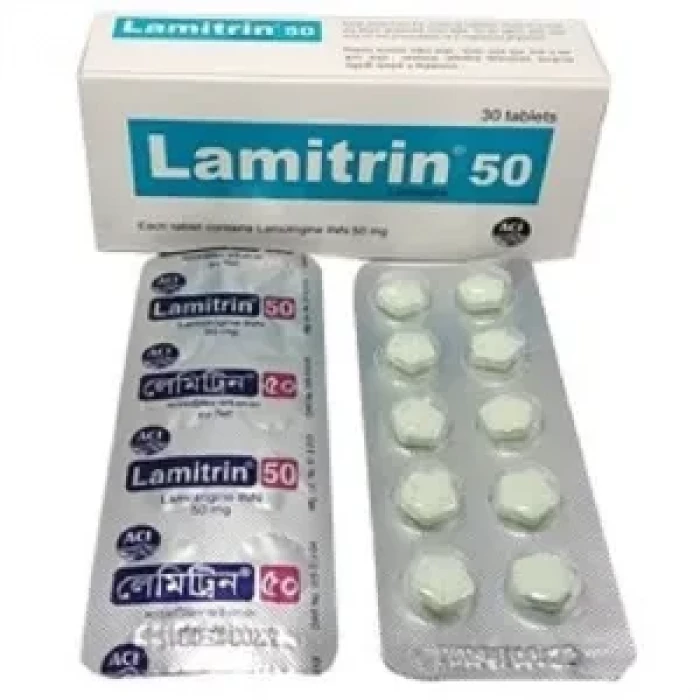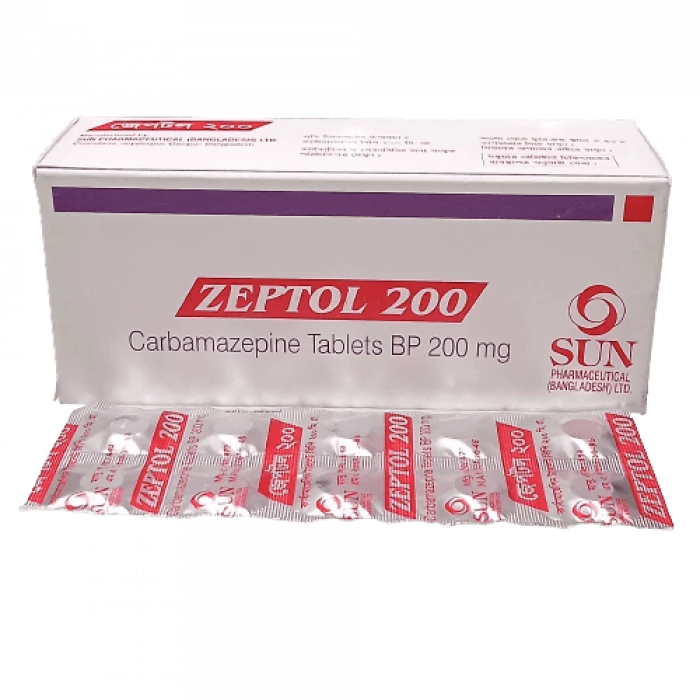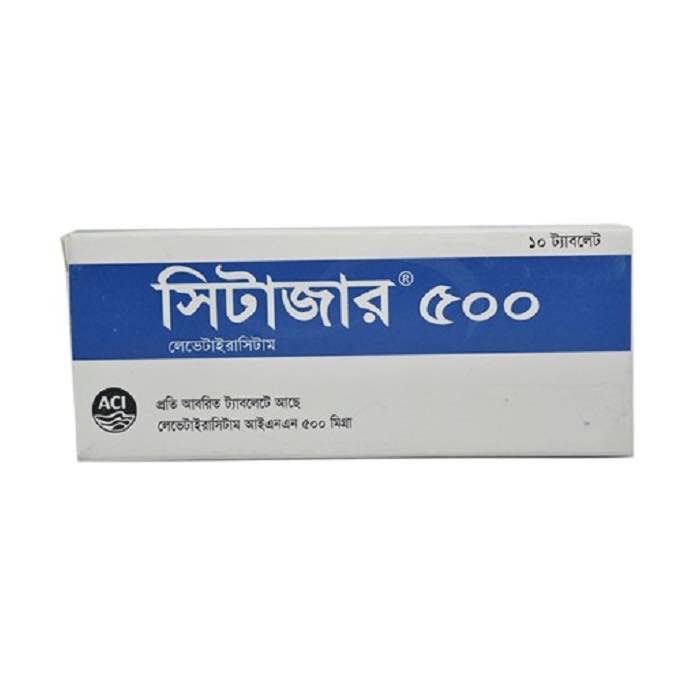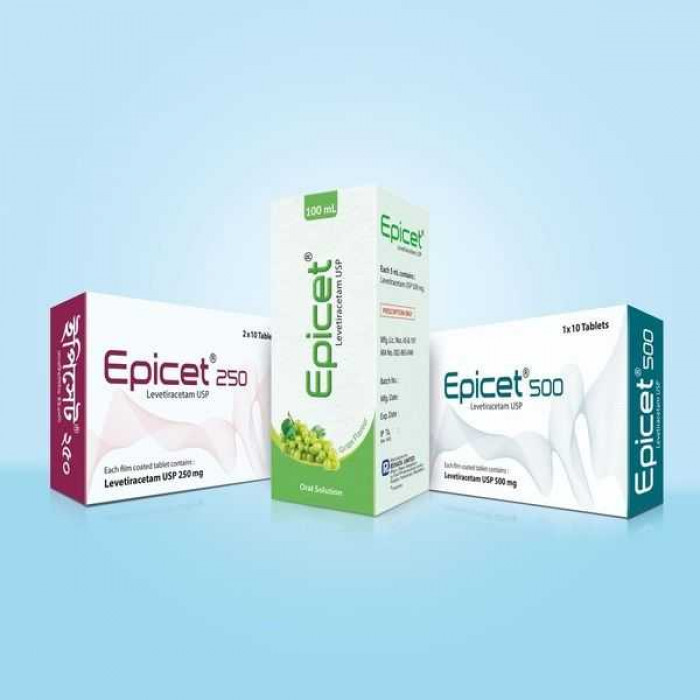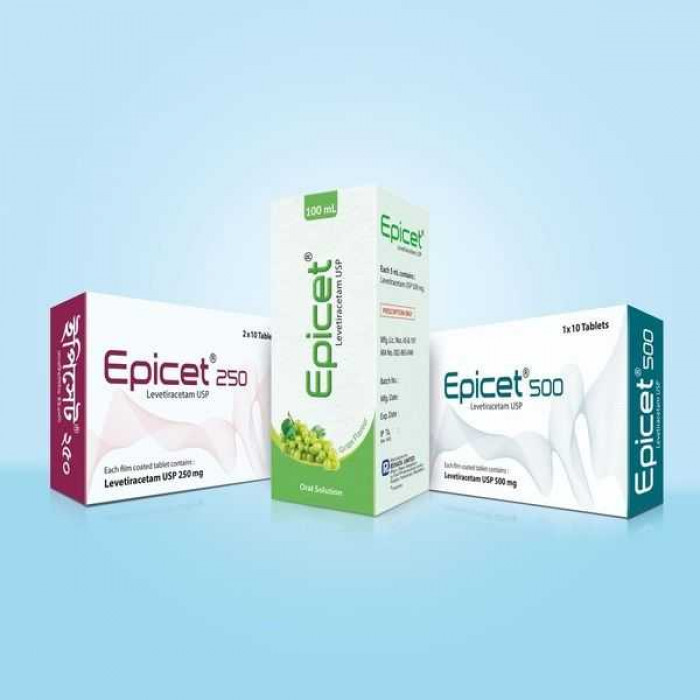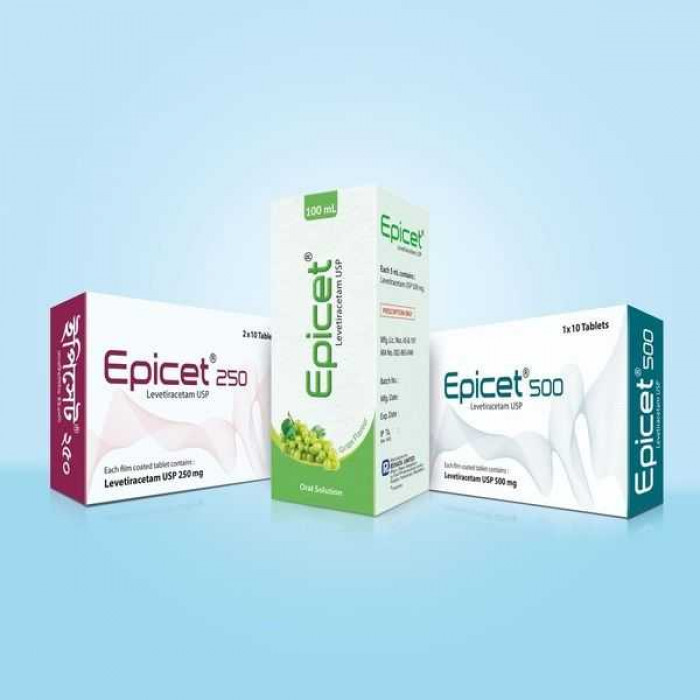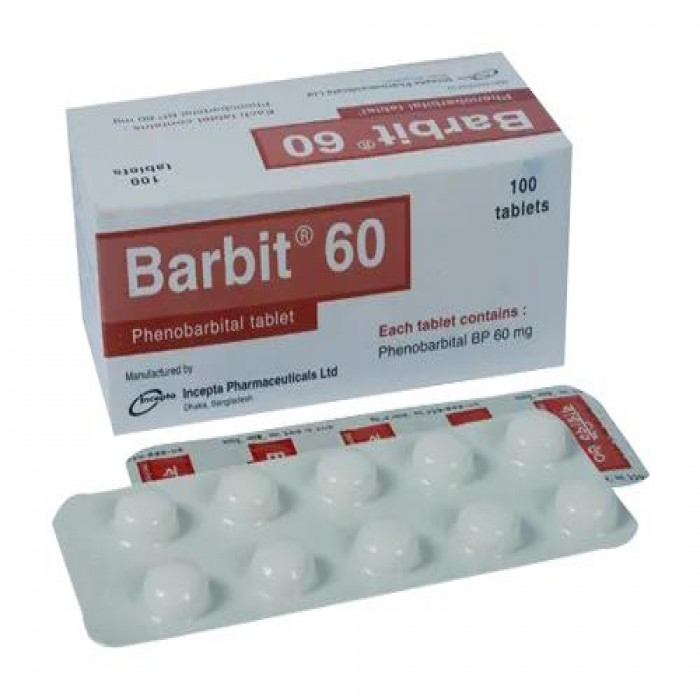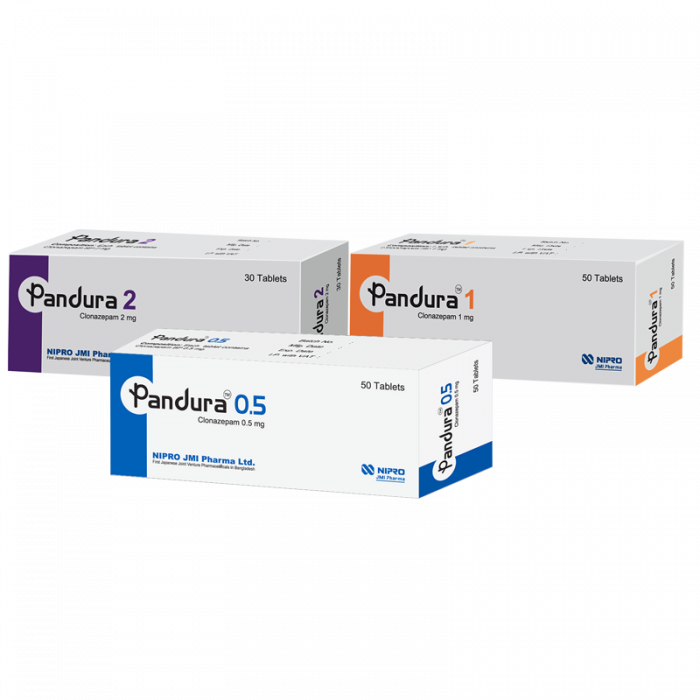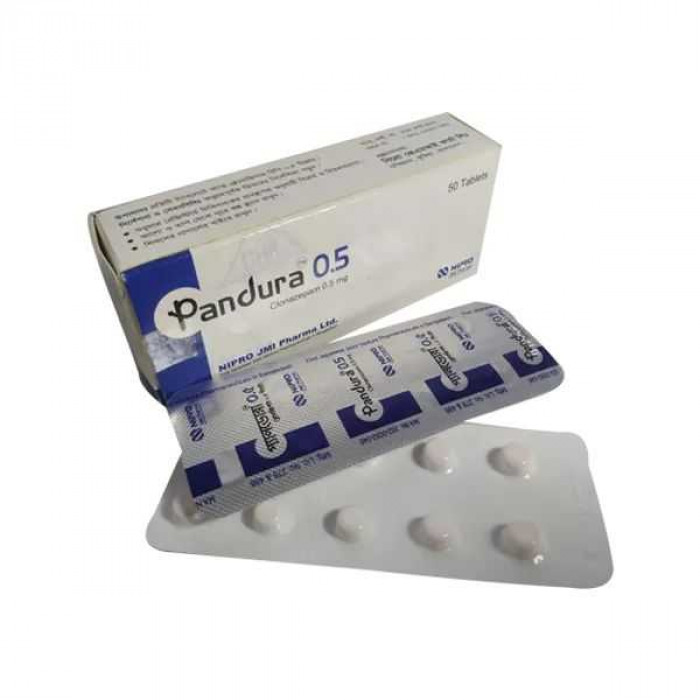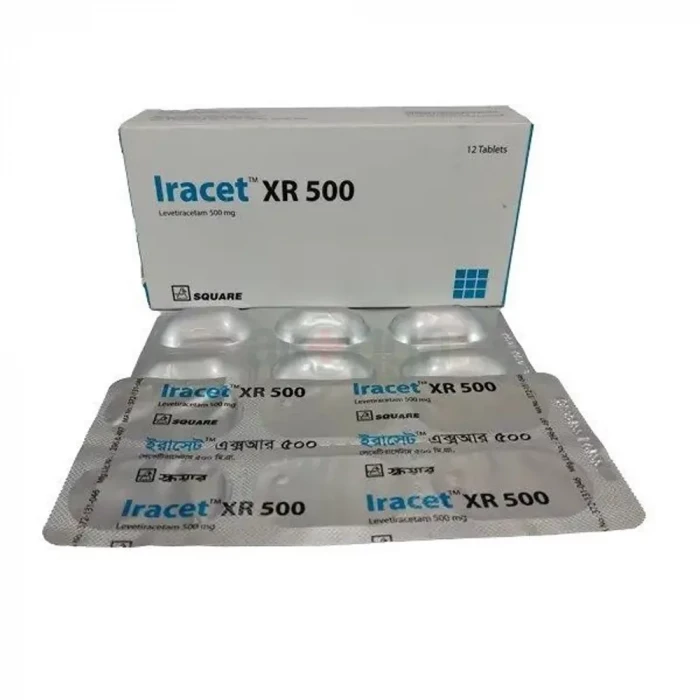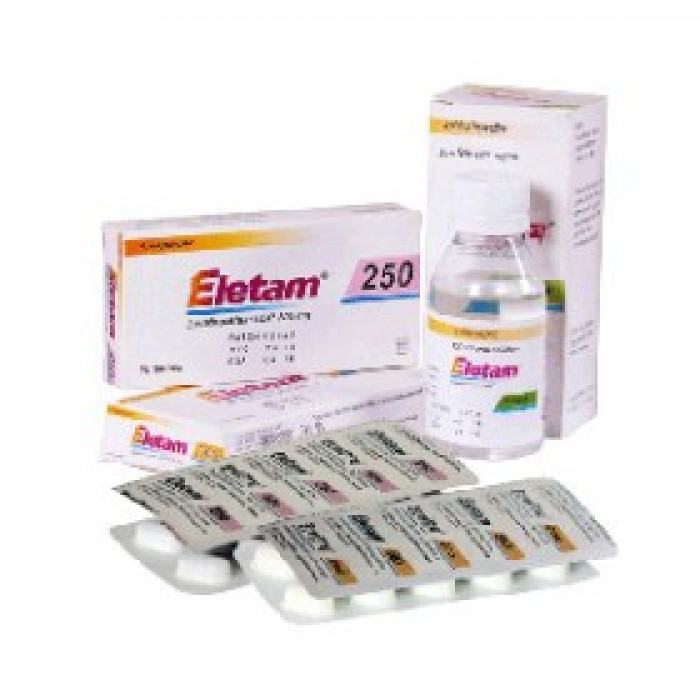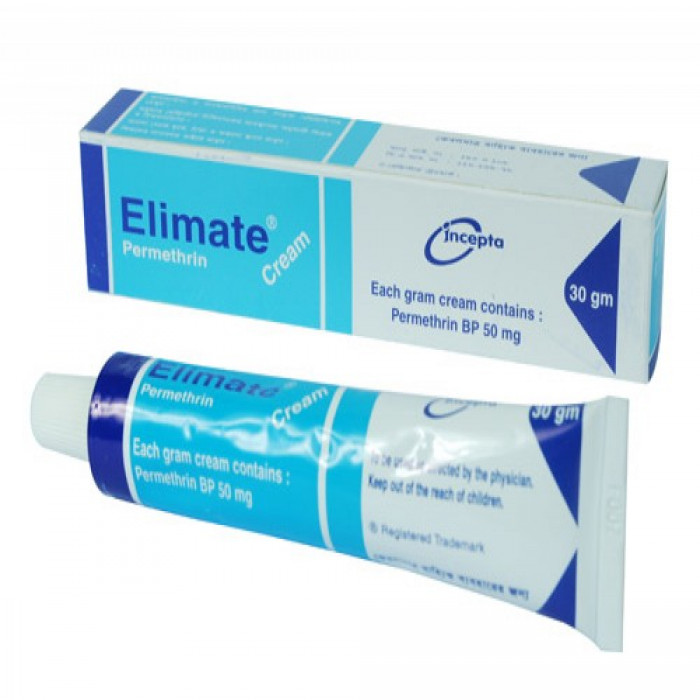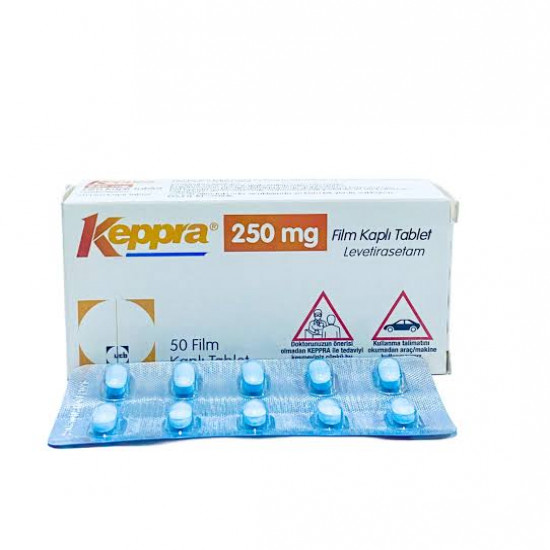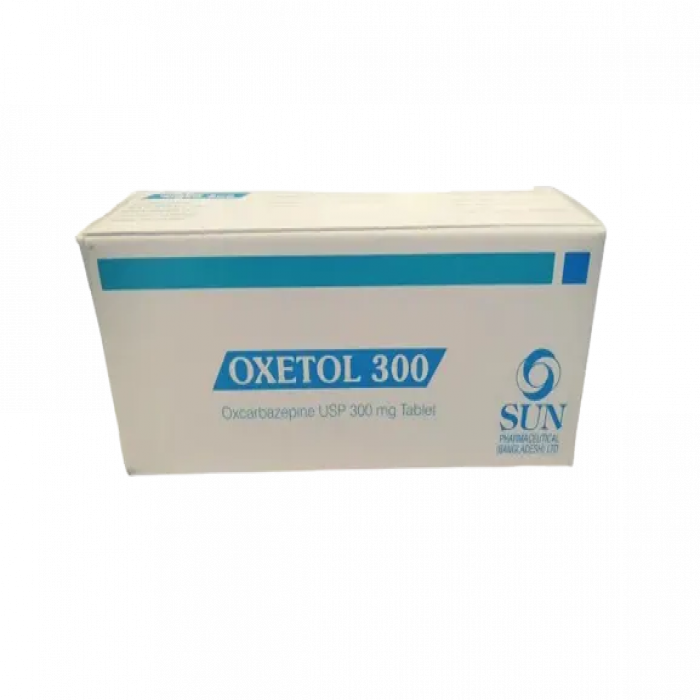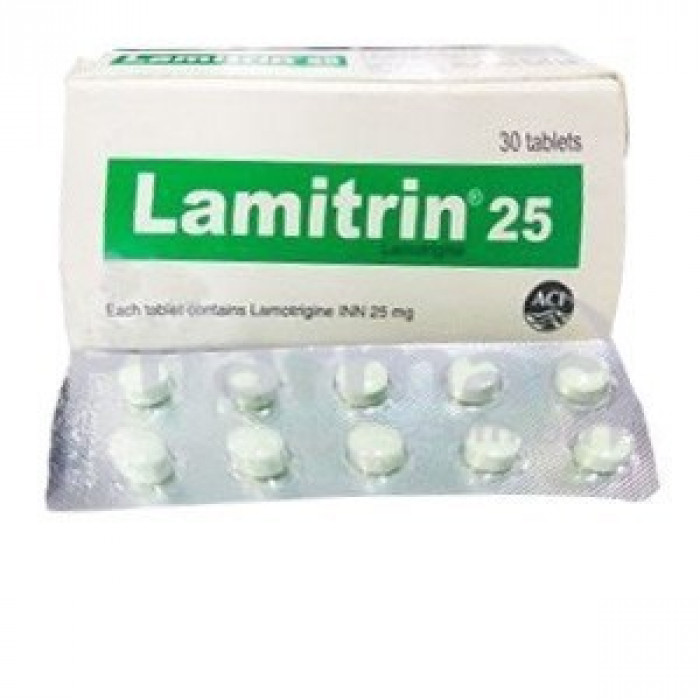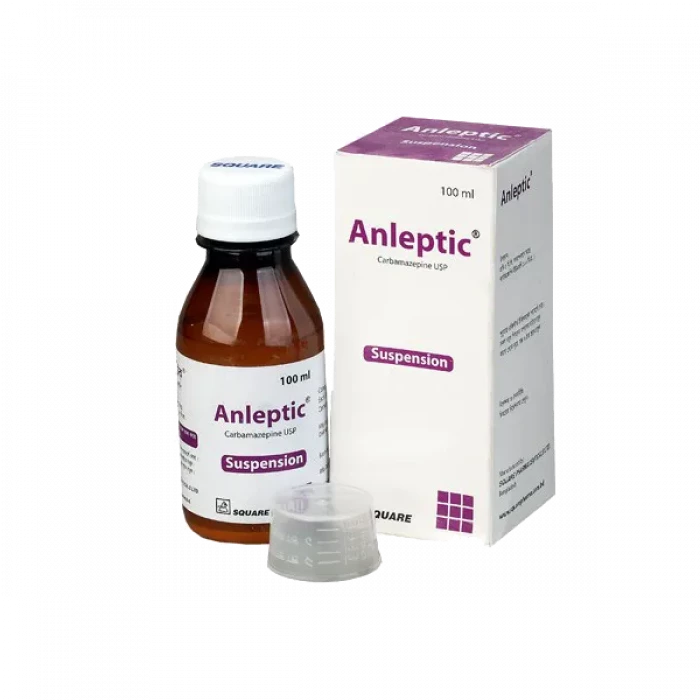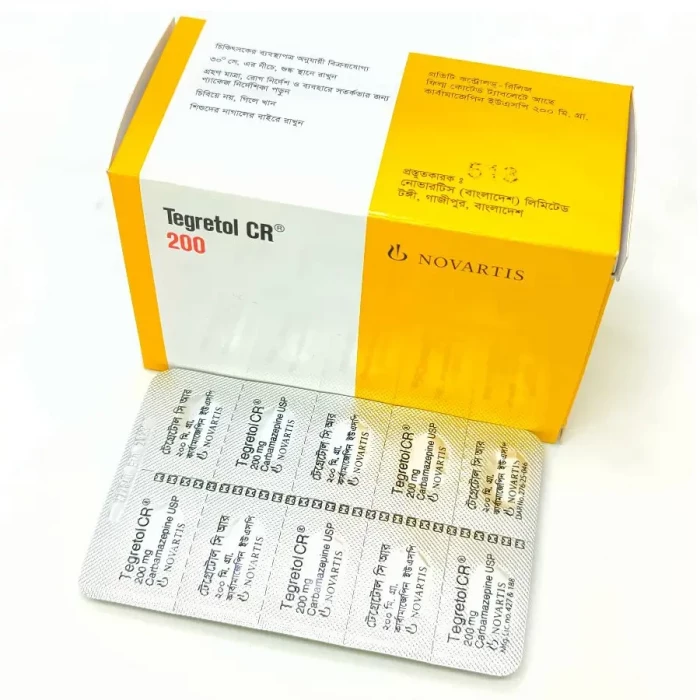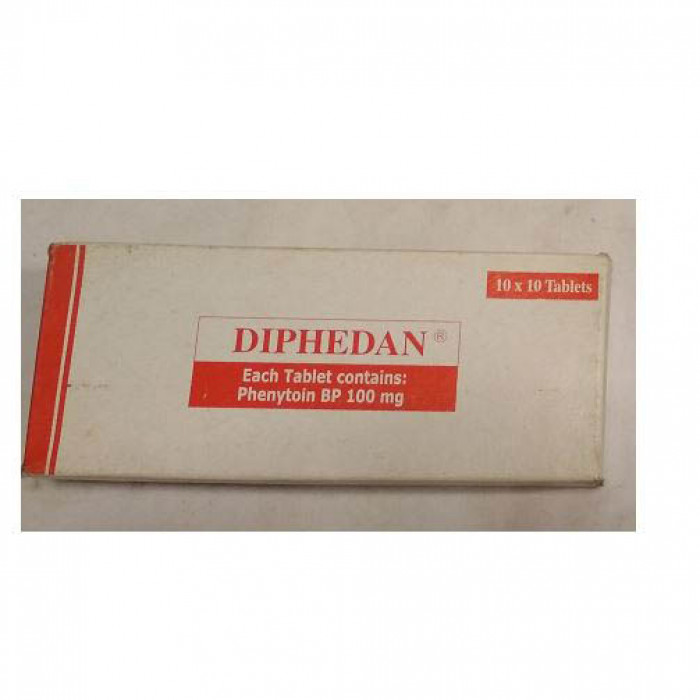
✔ 100% Authentic Product
👁️ Currently Viewing 2294
Diphedan 100 | 1 Strip
Phenytoin stabilizes neuronal membranes by modulating sodium ion movement during nerve impulse generation in the motor cortex. This mechanism:
- Anticonvulsant Effect: Reduces seizure activity by decreasing neuronal excitability.
- Antiarrhythmic Effect: Extends the refractory period and suppresses ventricular pacemaker automaticity, thus stabilizing cardiac rhythm.
📄Prescription Required
Discount
Price: ৳ 48
MRP:
৳
50
5%
Off

100% Genuine Products, Guaranteed

Safe & Secure Payments, Always

Fast, Secure & Efficient Delivery

Proper Packaging
 Cash on Delivery - All over Bangladesh
Cash on Delivery - All over Bangladesh Regular Delivery - 12-24 Hours, Dhaka City* Charge Tk.39-59
Regular Delivery - 12-24 Hours, Dhaka City* Charge Tk.39-59 Regular Delivery - 24-48 Hours, Other Cities* Charge Tk.99-110
Regular Delivery - 24-48 Hours, Other Cities* Charge Tk.99-110
 ফ্রি ডেলিভারিঃ - ৯৯৯ টাকা+ অর্ডারে, ঢাকা
শহরে
ফ্রি ডেলিভারিঃ - ৯৯৯ টাকা+ অর্ডারে, ঢাকা
শহরে ফ্রি ডেলিভারিঃ - ২৯৯৯ টাকা+ অর্ডারে, ঢাকার
বাহিরে
ফ্রি ডেলিভারিঃ - ২৯৯৯ টাকা+ অর্ডারে, ঢাকার
বাহিরে
100% Genuine Products, Guaranteed
Safe & Secure Payments, Always
Fast, Secure & Efficient Delivery
Proper Packaging
 Cash on Delivery - All over Bangladesh
Cash on Delivery - All over Bangladesh Regular Delivery - 12-24 Hours, Dhaka City* Charge Tk.39-59
Regular Delivery - 12-24 Hours, Dhaka City* Charge Tk.39-59 Regular Delivery - 24-48 Hours, Other Cities* Charge Tk.99-110
Regular Delivery - 24-48 Hours, Other Cities* Charge Tk.99-110 ফ্রি ডেলিভারিঃ - ৯৯৯ টাকা+ অর্ডারে, ঢাকা
শহরে
ফ্রি ডেলিভারিঃ - ৯৯৯ টাকা+ অর্ডারে, ঢাকা
শহরে ফ্রি ডেলিভারিঃ - ২৯৯৯ টাকা+ অর্ডারে, ঢাকার
বাহিরে
ফ্রি ডেলিভারিঃ - ২৯৯৯ টাকা+ অর্ডারে, ঢাকার
বাহিরে
✅ Description:
Phenytoin – an anticonvulsant and antiarrhythmic agent.
- Status Epilepticus (Grand Mal Type): Effective in the treatment of prolonged seizures.
- Seizure Prevention During Neurosurgery: Used prophylactically in patients undergoing brain surgery.
✔️ Uses of Diphedan 100
- Epilepsy/Seizures
✔️ How does Diphedan 100 work?
Diphedan is an antiepileptic medication. It controls seizures or fits by decreasing the abnormal and excessive activity of the nerve cells in the brain.
✔️ Dosage and Administration
For Adults:
- Usual Dose:
- Initial: 200 mg daily (2 tablets).
- Maintenance: 300–400 mg/day (maximum of 600 mg/day) in divided doses.
- For Naive Patients: 1 tablet (100 mg) three times daily or as directed by a physician.
For Children:
- Initial Dose: 5 mg/kg per day, divided into 2–3 doses.
- Maintenance Dose: 4–8 mg/kg per day (maximum: 300 mg daily).
- Children Over 6 Years: Require the minimum adult dose (300 mg/day).
✔️ Side Effects of Diphedan 100
Common:
- Skin rashes (disappear after discontinuation).
- Insomnia, dizziness, slurred speech, headache, transient nervousness.
Serious:
- Hyperglycemia due to inhibition of insulin release.
✔️ Drug Interactions
Phenytoin exhibits extensive interactions:
Potentiation:
- Enhances toxic effects of paracetamol and lithium.
- Effects may be increased with other sedatives or alcohol.
Increased Serum Levels:
- With drugs like cimetidine, omeprazole, fluconazole, methylphenidate, and SSRIs.
Decreased Serum Levels:
- With carbamazepine, rifampin, ciprofloxacin, and folic acid.
Specific Notable Interactions:
- Valproic Acid: May displace phenytoin from protein-binding sites, altering its serum concentration.
- Warfarin: Initial increase in anticoagulation effects, followed by inhibition.
✔️ Contraindications
Known hypersensitivity to Phenytoin or other hydantoins.
✔️ Precautions & Warnings
Skin Reactions:
- Discontinue use if a rash develops.
Long-Term Use:
- Regular blood tests are advised during prolonged therapy.
Pregnancy and Nursing Mothers:
- Use with caution due to potential effects on fetal and infant health.
Hyperglycemia Risk:
- Monitor blood sugar levels, especially in diabetic patients.
✔️ Storage Conditions
- Store below 30°C, protected from light and moisture.
- Keep out of reach of children.
⚠️Disclaimer:
At ePharma, we’re committed to providing accurate and accessible health information. However, all content is intended for informational purposes only and should not replace medical advice from a qualified physician. Please consult your healthcare provider for personalized guidance. We aim to support, not substitute, the doctor-patient relationship.




